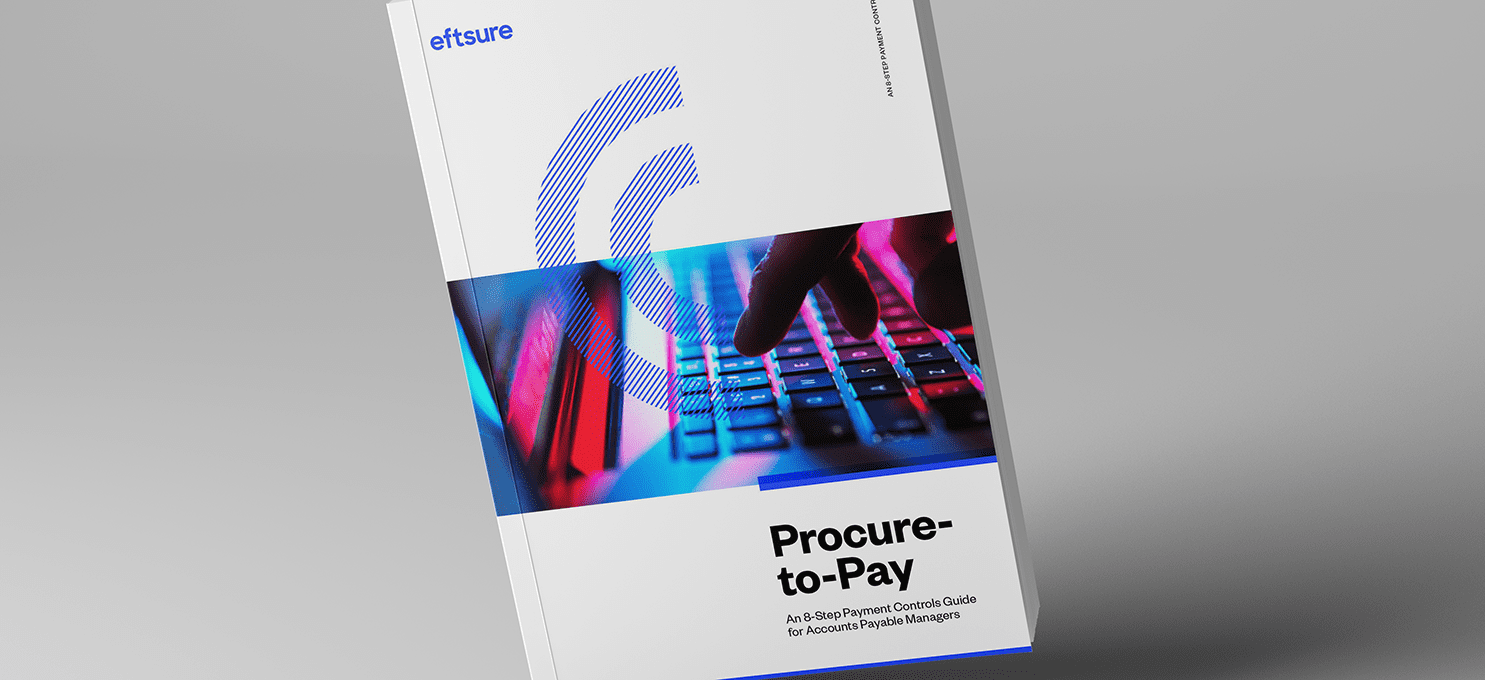Pros and cons of faster payments
Faster payments are part of our every day – but cybercriminals are exploiting the system. Discover how you can reduce the risks in your business.
We all like to think we can trust the people we work with. However, the reality is that internal fraud within the workplace is more common than many CFOs and Accounts Payable (AP) managers realise.
Internal fraud is any fraudulent act that occurs within a workplace and is perpetrated by an individual within the workplace. Because these acts are carried out by trusted insiders, with access to sensitive information and systems, internal fraud can be notoriously difficult to identify and stamp out.
However, the financial and reputational fallout of internal fraud can be incredibly costly for organisations.
In this blog, we will explore 3 policies you can rapidly implement in your organisation to stop internal fraud.
A thorough workforce screening program is an effective way to reduce your organisation’s exposure to internal fraud.
The objective of workforce screening is to gain a deeper awareness of the people in your organisation, thereby obtaining a higher level of assurance as to the integrity, identity and credentials of your personnel.
When conducted effectively, workforce screening helps you identify individuals who may be likely to engage in fraudulent acts.
Workforce screening should occur:
As part of the workforce screening process, personnel should be required to undergo a police check. They should also be required to sign a declaration stating that they agree to notify the organisation should there be a significant change in their personal circumstances, such as being charged with a criminal offence or a declaration of bankruptcy. This should be an annual declaration.
Every AP function should be regularly audited. In many cases, these audits are conducted internally. You should implement a policy that internal audits are not conducted by those individuals that form part of the procure-to-pay process. There is a clear conflict of interest in having the same individuals who process payments, auditing their own payments.
Conducting internal audits on a regular basis, such as monthly, will help ensure that any fraudulent activity is rapidly identified.
It is also important to bring in external auditors periodically. You should implement a policy that requires external auditing of your AP function at least annually. External auditors will be better placed to critically examine all your internal controls, identifying gaps that require remediation.
There are many benefits to keeping the same AP employee in the same job for an extended period of time. Not only do they get to know the job well, they also get to know your suppliers intimately.
Such close relationships can be beneficial whenever this is a dispute with a supplier over a particular good or service that has been procured, or there is a discrepancy around an invoice.
However, there can be a glaring downside to relationships that become too close.
If an employee in your AP function gets too friendly with one of your suppliers’ staff members, there’s a risk the two of them will get close enough to collude in defrauding your organisation. They may decide to submit and process false invoices, duplicate invoices or inflated invoices.
To mitigate this risk, accounting staff should be rotated through different jobs on a very regular basis, preferably every 6 months, if possible.
By rotating staff regularly, you reduce the risk of collusion and fraud. Furthermore, when staff know that another person will be taking over their current functions in the not-too-distant future, they will be reluctant to engage in malicious acts for fear of being caught out.
With Eftsure sitting on top of your accounting processes, you gain invaluable visibility into outgoing payments.
You have a complete and transparent record of outgoing payments, enabling you to maintain effective audit trails. This enables you to rapidly identify and stop fraudulent activity by malicious insiders.
Contact us today for a full demonstration of how Eftsure can protect your business from insider threats and fraud.

Faster payments are part of our every day – but cybercriminals are exploiting the system. Discover how you can reduce the risks in your business.
Tired of yet another unwanted message in your inbox? Here’s how to reduce spam emails and text messages.
Find out what biometric verification is and why it’s important – especially in a new AI-powered era.
End-to-end B2B payment protection software to mitigate the risk of payment error, fraud and cyber-crime.